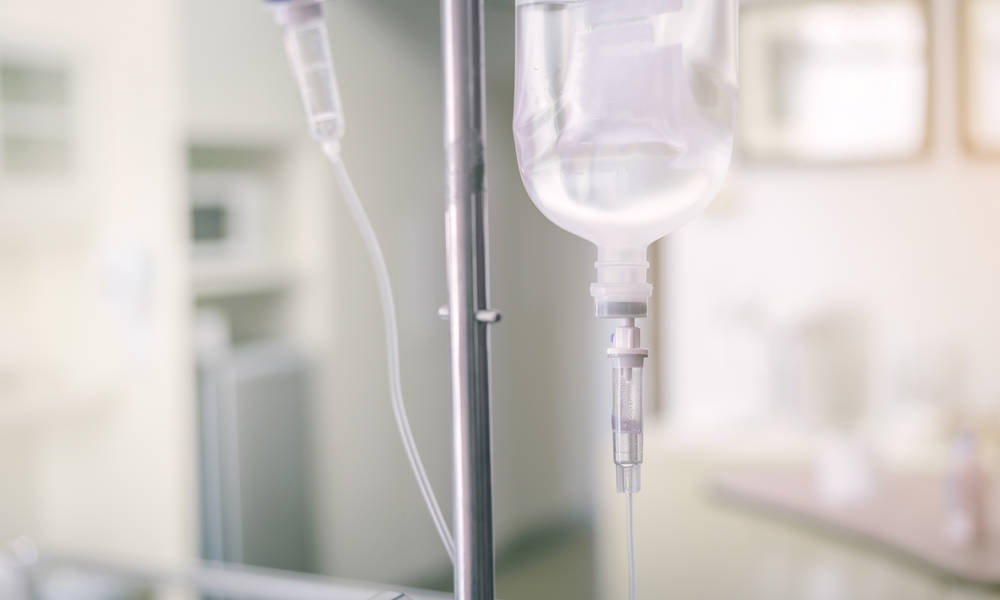
Drip Dangers: Associations Sound Alarm About IV Bag Shortage
Associations are continuing to raise concerns about a shortage of IV bags filled with saline or nutrients, and they're helping members deal with the crisis. The shortage stems from the months-long power outages in storm-battered Puerto Rico.
The impacts of Hurricane Maria are still being felt far and wide, and outside of Puerto Rico, the medical field may be facing the toughest challenges—including a shortage of IV bags filled with essential liquids used in treating patients.
Baxter International, a major manufacturer of saline and nutrient bags, is based in Puerto Rico and was severely affected by the storm. The company’s factories were only reconnected to the power grid in late December, three months after Maria made landfall on the island, according to FiercePharma. That means that production of the essential liquids is just starting to get back to normal.
The American Hospital Association first raised concerns in November in a letter to the head of the Food and Drug Administration, and AHA and other medical groups are continuing to sound the alarm.
The current flu season is exacerbating the problem. “If we can’t support patients coming in emergency rooms who have the flu, more people are going to die,” Deborah Pasko, director of medication safety and quality for the American Society of Health-System Pharmacists, told the Associated Press. “I see it as a crisis.”
Also speaking to the AP, Connie Sullivan of the National Home Infusion Association noted that her members have been forced to seek alternative methods of treating patients, though few options are available.
“I have never seen anything quite this bad,” said Sullivan, the group’s head of research and innovation.
The Wall Street Journal notes that AHA and other groups have petitioned Congress and the FDA [subscription] to implement new measures requiring that important medications be produced in more than one location as a hedge against similar shortages in the future.
In the meantime, other organizations are working to reassure the public. In comments to WCCO, Minnesota Nurses Association President Mary Turner said that her group’s members are using alternative methods, including syringes, to administer medicines.
“Things will be a little bit different, but they should not see any change in their care,” she said.
(Pratchaya/iStock/Getty Images Plus)






Comments